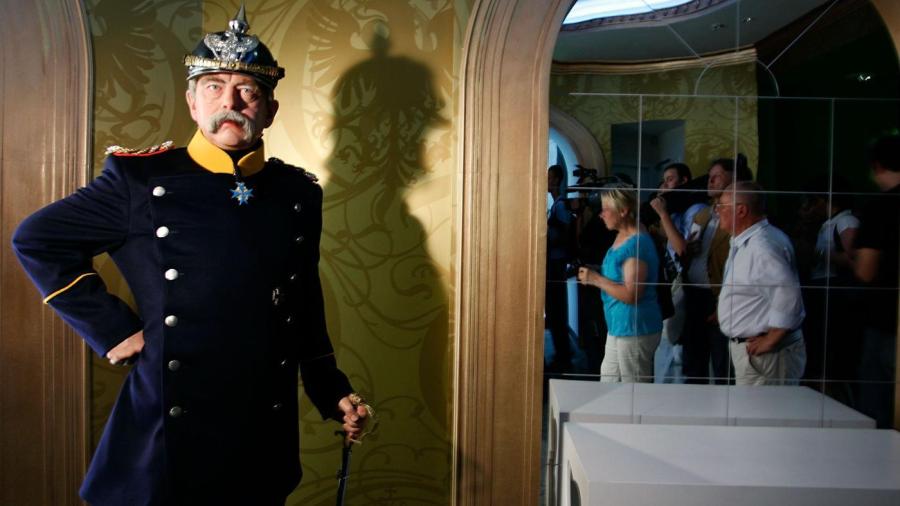What Did Bismarck Mean by His Expression “Blood and Iron”?

German Chancellor Otto von Bismarck used the expression “Blood and Iron,” or more accurately “Eisen und Blut,” to describe how the great moments in history are decided through conflict and warfare. Bismarck’s phrase was meant to assert that wars decide the major events of history, and it was delivered as an appeal to the Prussian Parliament to increase defense spending.
King Wilhelm I appointed Bismarck as minister president and foreign minister after repeated refusals by the Prussian Landtag, the legislative body, to spend more money on building military forces. Bismarck delivered his famous speech in 1862 during a budget commission at the Landtag.
Bismarck expressed his frustration about what he felt were unfavorable borders granted to the Prussian Empire by the Vienna Treaties passed in 1814 at the end of the Napoleonic Wars. Bismarck denounced liberalism in his speech, calling for a direct emphasis on expanding Prussia’s military prowess.
The phrase “Blood and Iron” defined much of Bismarck’s political career. As a powerful conservative politician, he waged numerous wars to effectively unify the German states into a powerful German Empire under Prussian leadership. Despite Bismarck’s reputation for war, after uniting the states, he was able to use skillful diplomacy instead of force to maintain the hegemony he created.





